MethylD-(-)-4-hydroxy-phenylglycinate CAS:57591-61-4
| Catalog Number | XD95521 |
| Product Name | MethylD-(-)-4-hydroxy-phenylglycinate |
| CAS | 57591-61-4 |
| Molecular Formula | C9H12ClNO3 |
| Molecular Weight | 217.65 |
| Storage Details | Ambient |
Product Specification
| Appearance | White powder |
| Assay | 99% min |
MethylD-(-)-4-hydroxy-phenylglycinate, also known as methylDHPG, is a derivative of D(-)-4-hydroxyphenylglycine (DHPG). Like its parent compound, methylDHPG has been studied for its effects on the central nervous system.One notable effect of methylDHPG is its ability to modulate metabotropic glutamate receptors (mGluRs). Similar to DHPG, methylDHPG specifically acts as a selective agonist for group I metabotropic glutamate receptors, including mGluR1 and mGluR5. By binding and activating these receptors, methylDHPG can influence synaptic transmission and neuronal signaling.Activation of mGluR1 and mGluR5 by methylDHPG has been associated with various effects. For example, in the brain, methylDHPG has been shown to induce long-term depression (LTD) in certain regions. LTD is a form of synaptic plasticity that leads to the weakening of synaptic connections, which is important for learning and memory processes.Additionally, methylDHPG has demonstrated neuroprotective properties in some studies. It has been shown to help protect neurons from damage caused by oxidative stress, excitotoxicity, and other harmful stimuli. This neuroprotective effect suggests that methylDHPG may have potential in treating neurodegenerative disorders such as Alzheimer's disease and Parkinson's disease.Furthermore, research has suggested that methylDHPG may have an influence on psychiatric disorders such as depression and anxiety. It has been shown to regulate the release of neurotransmitters such as serotonin and dopamine, which are important in mood regulation. By modulating these neurotransmitter systems, methylDHPG may have potential as a therapeutic agent for mood disorders.However, it is important to note that the effects of methylDHPG can vary depending on factors such as dosage, administration routes, and individual differences. Additionally, further research is needed to fully understand the extent of its therapeutic applications and potential side effects.In conclusion, methylD-(-)-4-hydroxy-phenylglycinate (methylDHPG) acts as a selective agonist for group I metabotropic glutamate receptors, including mGluR1 and mGluR5. Its activation of these receptors can influence synaptic plasticity, neuroprotection, and neurotransmitter release. MethylDHPG shows promise in the treatment of neurodegenerative disorders and psychiatric conditions, but more research is needed to determine its full therapeutic potential and establish proper guidelines for its use.


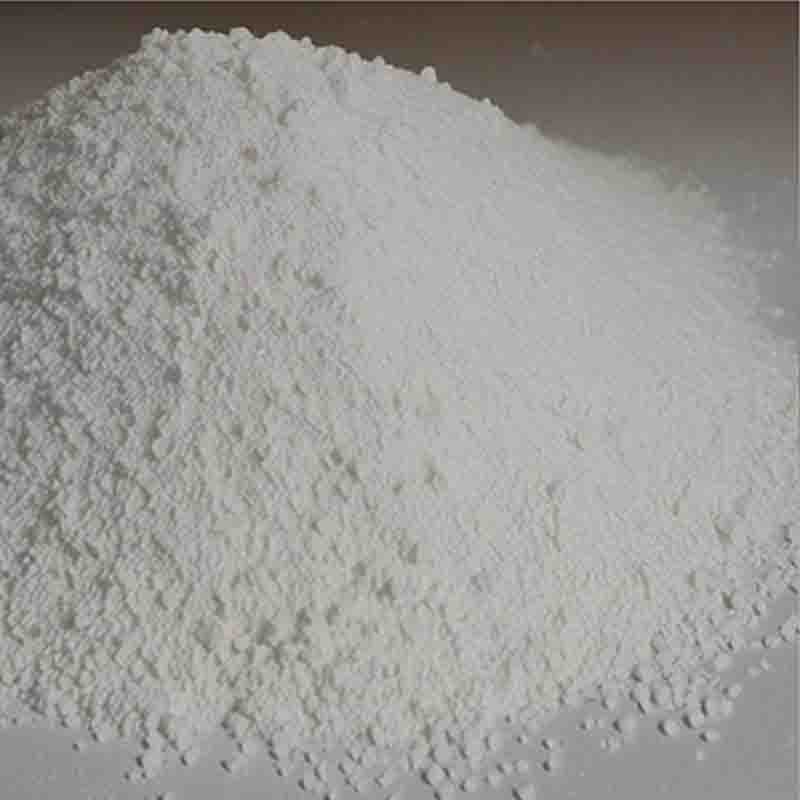

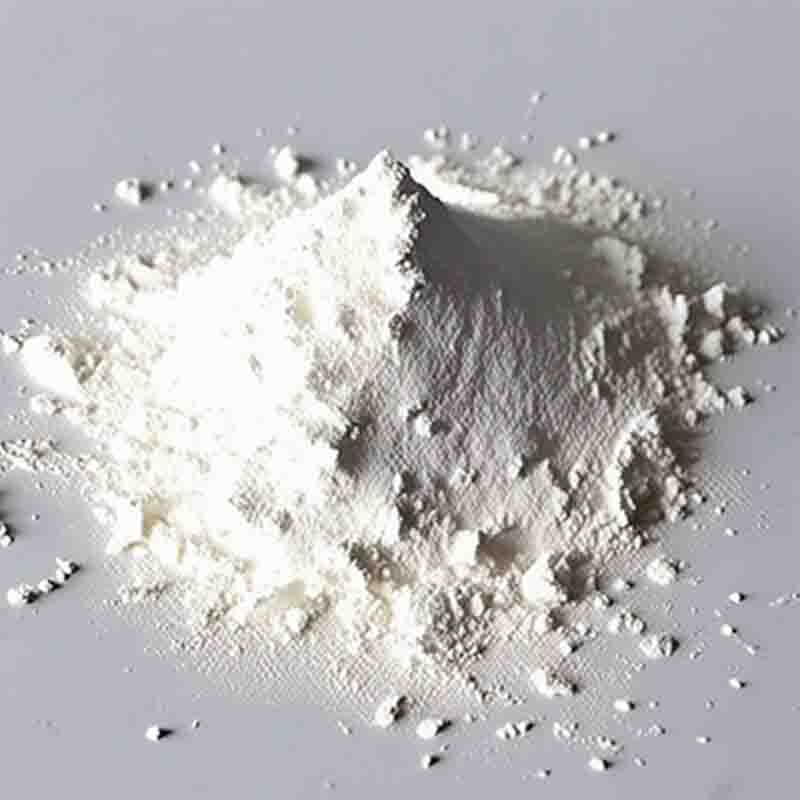
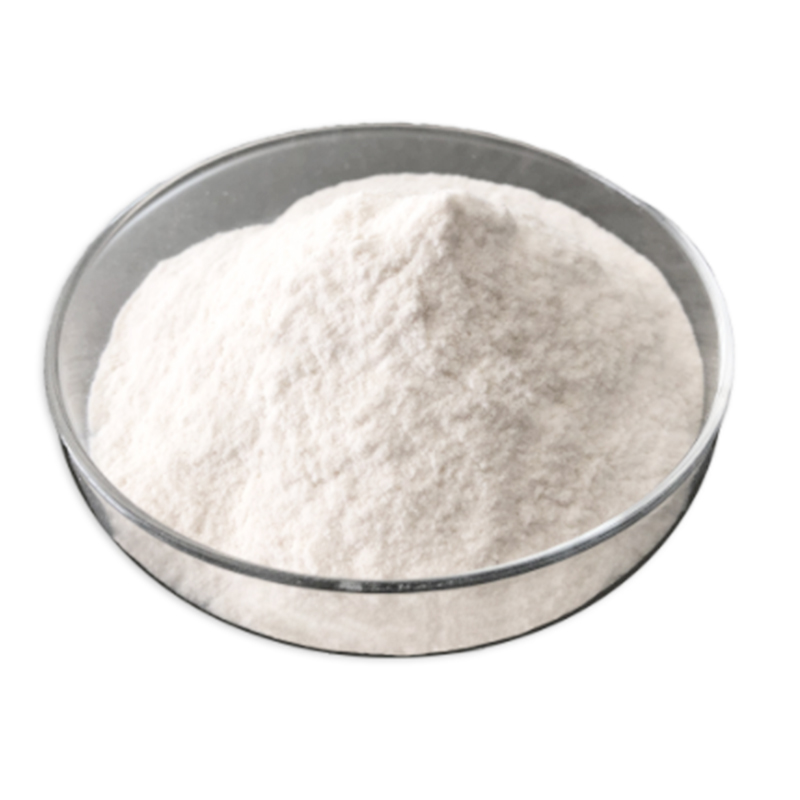
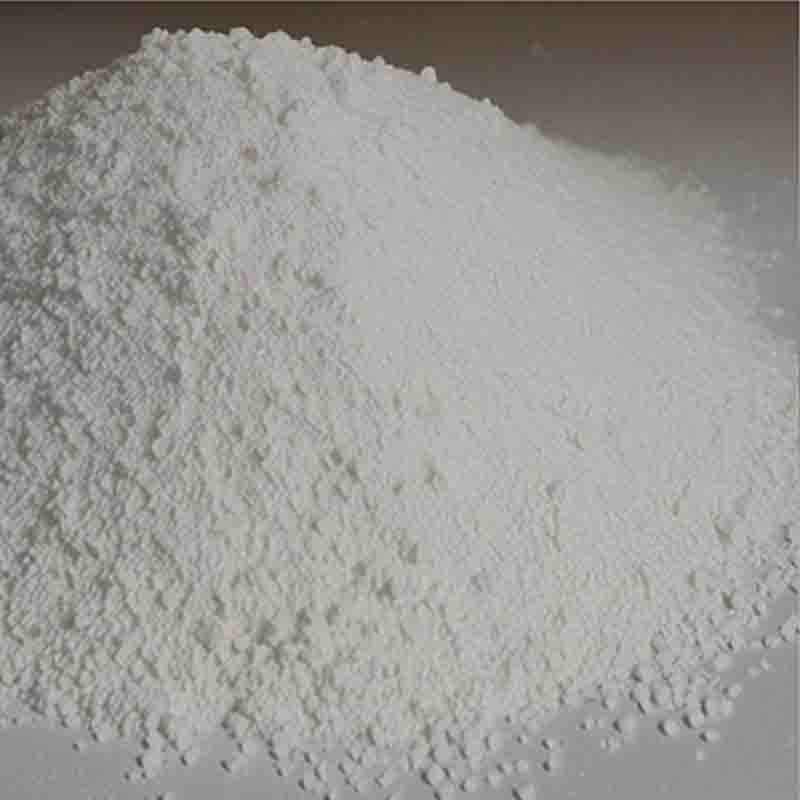
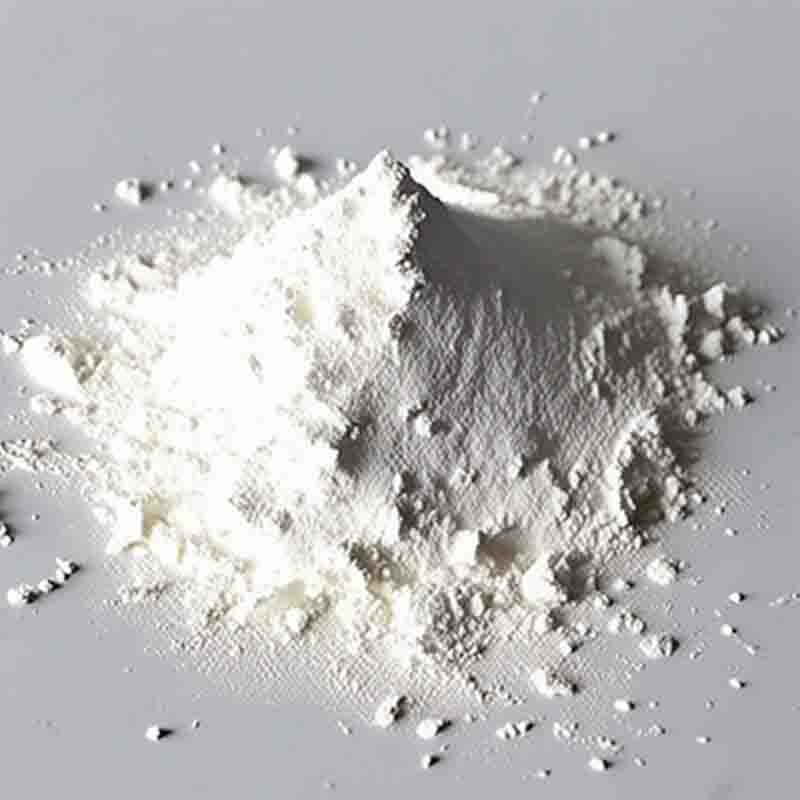

![(+)-(3r,5s), Tert-Butyl 7-[4-(4-Fluorophenyl)-6-Isopropyl-2-(N-Methyl-N-Methylsulphonylamino)-Pyrimidin-5-Yl]-3,5-Dihydroxy-6(E)-Heptenate (R1.5 Or T-Butyl-Rosuvastatin) CAS: 355806-00-7](https://cdn.globalso.com/xdbiochems/白色粉末1133.jpg)